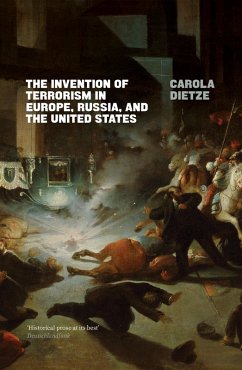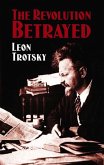This book examines key cases of terrorist violence to show that the invention of terrorism was linked to the birth of modernity in Europe, Russia and the United States, rather than to Tsarist despotism in 19th century Russia or to Islam sects in Medieval Persia. Combining a highly readable historical narrative with analysis of larger issues in social and political history, the author argues that the dissemination of news about terrorist violence was at the core of a strategy that aimed for political impact on rulers as well as the general public. Dietze's lucid account also reveals how the spread of knowledge about terrorist acts was, from the outset, a transatlantic process. Two incidents form the book's centerpiece. The first is the failed attempt to assassinate French Emperor Napol¿on III by Felice Orsini in 1858, in an act intended to achieve Italian unity and democracy. The second case study offers a new reading of John Brown's raid on the arsenal at Harpers Ferry in 1859, as a decisive moment in the abolitionist struggle and occurrences leading to the American Civil War. Three further examples from Germany, Russia, and the US are scrutinized to trace the development of the tactic by first imitators. With their acts of violence, the "invention" of terrorism was completed. Terrorism has existed as a tactic since then and has essentially only been adapted through the use of new technologies and methods.
Dieser Download kann aus rechtlichen Gründen nur mit Rechnungsadresse in A, D ausgeliefert werden.









